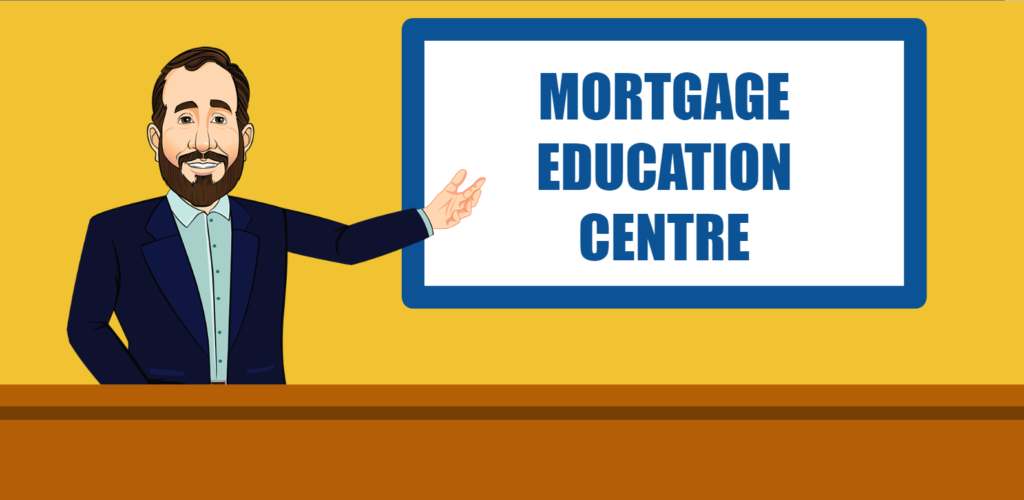
IMPORTANT MORTGAGE TERMS AND THEIR PLAIN ENGLISH MEANINGS
Adjustable-Rate Mortgage: A mortgage with an interest rate that can fluctuate based on changes in the lender’s prime rate. When rates change, the payment changes.
Amortization Period: The length of time it takes to repay the entire mortgage loan through regular payments. In Canada, the maximum amortization period is typically 25 to 30 years. In very rare cases, we may be able to find longer amortization periods.
Closed Mortgage: A mortgage that has limitations on prepayments, including paying off the entire mortgage or making substantial extra payments without incurring penalties.
Closing Costs: Various fees and expenses associated with finalizing the purchase of a property, including legal fees, appraisal fees, land transfer taxes, and other administrative costs. Borrowers should estimate closing costs of at least 1.5% of the purchase price.
Down Payment: The initial payment made by the borrower when purchasing a property. In Canada, the minimum down payment is 5% of the purchase price.
Fixed-Rate Mortgage: A mortgage with an interest rate that remains constant throughout the entire term.
HELOC (Home Equity Line of Credit): A line of credit secured by the equity in the borrower’s home. It allows the borrower to borrow up to a certain limit using the home as collateral. Funds can be used over and over again by paying down the line of credit and then readvancing it.
Home Equity: The difference between the market value of the property and the amount owed on the mortgage. (Market Value – Mortgage Amount = Home Equity)
Interest Rate: The percentage rate charged by the lender as interest. It can be fixed (stays constant throughout the mortgage term) or variable (fluctuates based on market conditions). Interest rates are determined by the lender based on the risk associated with the loan.
Mortgage Insurance: Insurance that protects the lender in case the borrower defaults on the loan. In Canada, mortgage insurance is required if the down payment is less than 20% of the purchase price. The Insurance Premium is typically added back to the mortgage and becomes part of the principal.
Mortgage Term (Term): The duration for which the mortgage interest rate and conditions are set. Terms typically run from 6 months to 10 years. At the end of the term, the mortgage can be renegotiated or renewed.
Open Mortgage: A mortgage that allows more flexibility, permitting the borrower to make extra payments or pay off the entire mortgage amount without penalties, but typically with a higher interest rate.
Porting: The ability to transfer the existing mortgage terms, including interest rates and conditions, to a new property when selling the current home and buying a new one.
Prepayment Penalty: A fee charged by the lender if the borrower pays off the mortgage before the end of the term. There are different way that prepayment penalties are calculated. Two of the most common methods of calculating penalties are known as the Interest Rate Differential (IRD) or Three Months Interest calculations, often lenders have the ability to charge the higher of the two.
Principal: The amount of money borrowed to purchase the property. Typically the principal amount excludes interest and other fees, however in rare cases those amount may be included in the principal.
Variable-Rate Mortgage: A mortgage with an interest rate that can fluctuate based on changes in the lender’s prime rate. Even when rates change, the payment stays the same.
